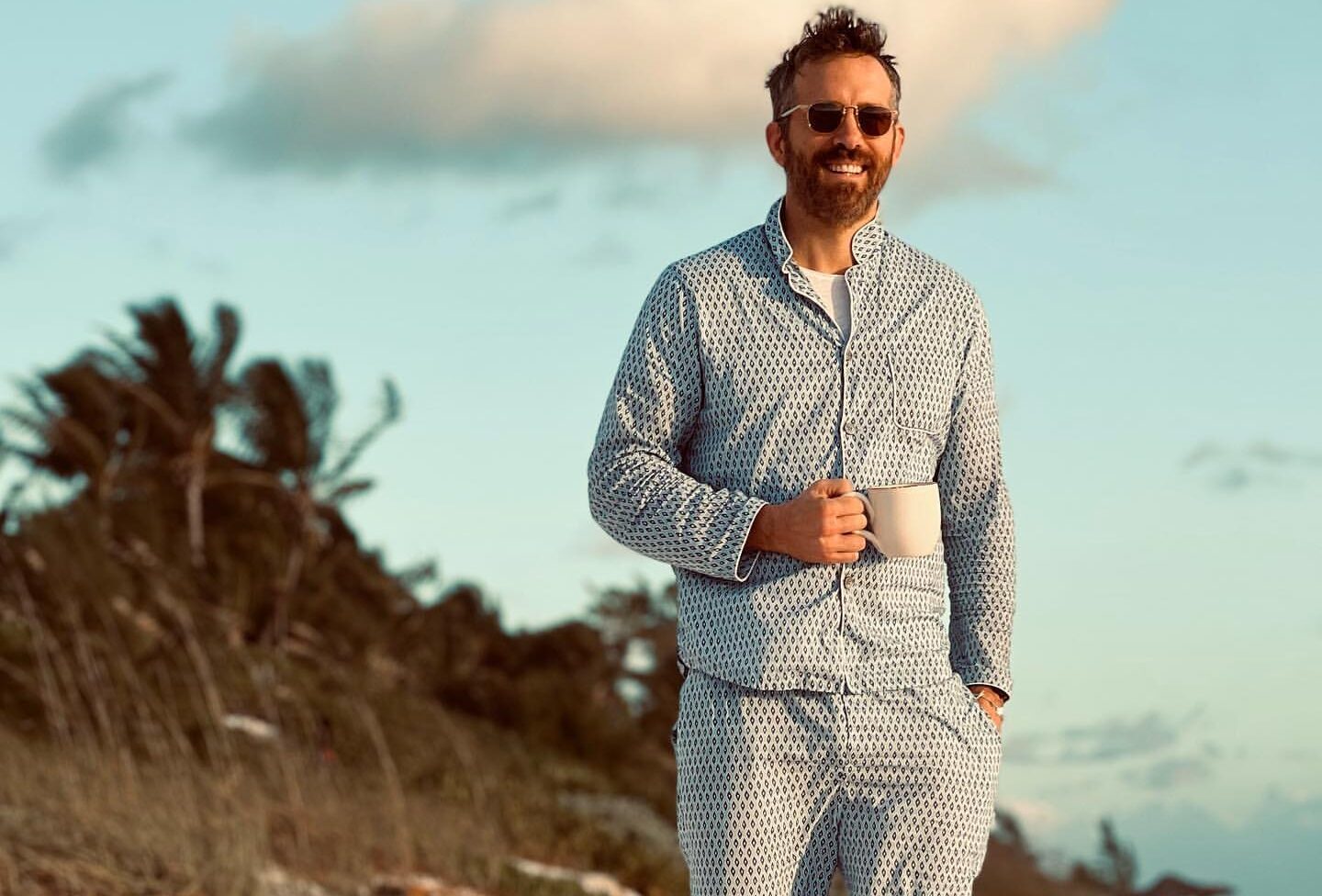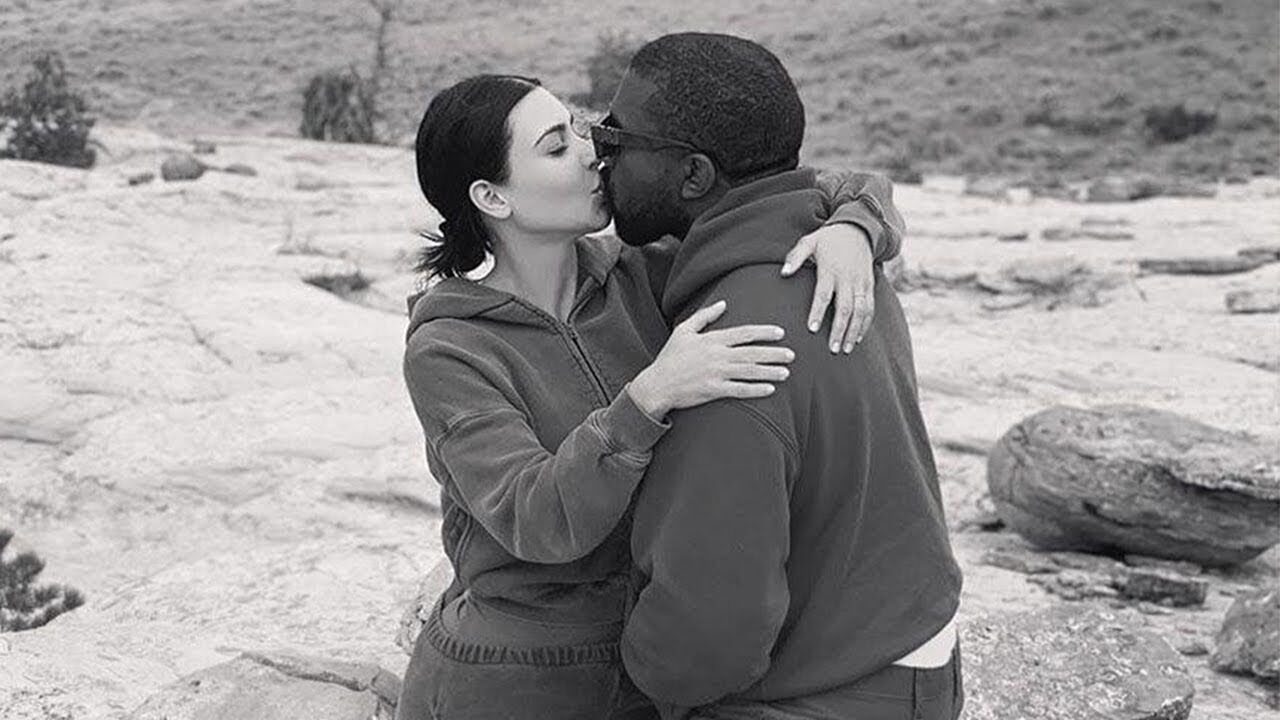Emma Watson is a British actress, model, and activist, best known for her portrayal of Hermione Granger in the “Harry Potter” film series. Born on April 15, 1990, in Paris, France, Watson rose to prominence at a young age through her role in the “Harry Potter” franchise, which spanned eight films from 2001 to 2011.
Outside of her acting career, Watson has become known for her advocacy work, particularly in promoting gender equality and women’s rights. She has served as a UN Women Goodwill Ambassador and launched the HeForShe campaign in 2014, which encourages men to support gender equality. Watson has delivered impactful speeches on feminism and gender issues, including a notable address at the United Nations Headquarters.
Like any public figure, she has faced some scrutiny and criticism, though they may not rise to the level of major controversies. Here are a few incidents that have garnered attention:
Feminism Criticism: In March 2017, Emma Watson faced scrutiny for a photoshoot she did with Vanity Fair magazine, where she appeared partially topless, wearing a white crocheted bolero jacket that revealed part of her breasts. Some observers argued that Watson’s decision to pose semi-nude was contradictory to her feminist beliefs and advocacy for gender equality.
These commentators accused Watson of sending mixed messages by participating in a photoshoot that they believed objectified women’s bodies, which they felt was antithetical to the principles of feminism. They contended that such actions perpetuated societal norms that prioritize women’s physical appearance over their intellect or accomplishments.
In response to the scrutiny, Emma Watson defended her choice to pose for the photoshoot, asserting that feminism is about empowering women to make their own choices, including choices related to their bodies and self-expression. She emphasized that feminism should not dictate what women can or cannot do but rather advocate for their agency and autonomy.
UN Speech Criticism: In September 2014, Emma Watson delivered a powerful speech at the United Nations Headquarters in New York City to launch the HeForShe campaign, an initiative by UN Women aimed at engaging men and boys as advocates for gender equality. In her speech, Watson passionately addressed issues of gender discrimination and inequality, emphasizing the importance of involving men in the fight for women’s rights.
Watson’s speech was widely praised for its eloquence, sincerity, and ability to galvanize support for the HeForShe movement. She eloquently articulated the need for gender equality, challenging societal norms and stereotypes while calling for collective action to create a more inclusive and equitable world.
However, despite the overwhelmingly positive reception of her speech, Watson also faced scrutiny from some quarters. Skeptics questioned her qualifications to speak on the subject of gender equality, pointing to her privileged background as a successful actress and suggesting that she may be out of touch with the experiences of everyday women. Additionally, there were those who viewed her involvement in the campaign as tokenistic or opportunistic, questioning her sincerity and commitment to the cause.
MeToo Movement Involvement: Emma Watson’s involvement in the #MeToo movement stems from her broader advocacy for gender equality and women’s rights. As a vocal supporter of the movement, she has used her platform to raise awareness about issues of sexual harassment and assault, both within and beyond the entertainment industry.
However, some observers have raised questions about the extent of Watson’s activism and whether she has sufficiently addressed allegations of misconduct within Hollywood. Specifically, there have been accusations of selective activism, suggesting that Watson has been more outspoken about issues affecting women in general but has been relatively quiet about specific cases or individuals within the film industry.
In response to such scrutiny, Watson has defended her involvement in the #MeToo movement and emphasized the need for systemic change. She has highlighted the importance of addressing root causes of gender-based violence and discrimination, rather than focusing solely on individual cases. Watson has also stressed the importance of creating safe and inclusive environments for survivors to come forward and seek justice.




